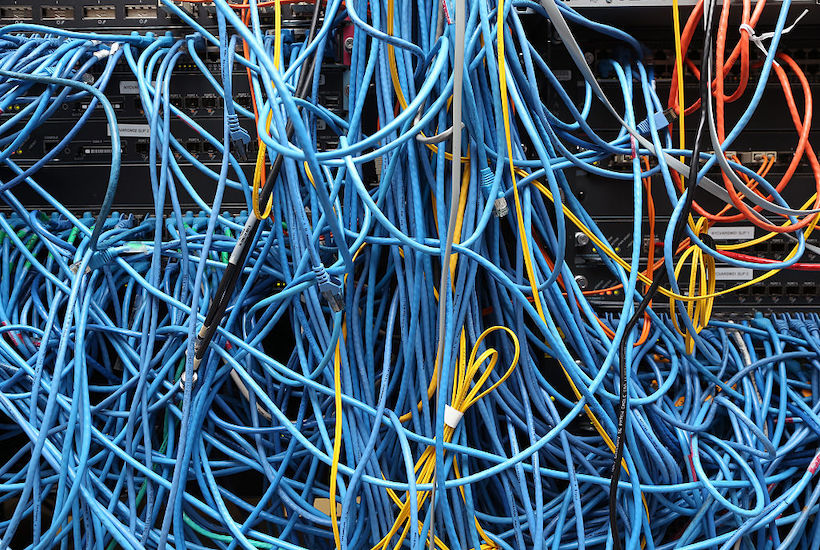There are only two unity tickets in United States politics at present.
These are distrust of China and distrust of “Big Tech.”
Both are being increasingly felt here and in Europe.
Big Tech in this article means Facebook, Amazon, Apple, Microsoft, and Google (or its parent, Alphabet).
From a cultural perspective, it has morphed into a phrase which includes enabling businesses such as lobbyists.
In late July, the executives of Google, Facebook, Amazon and Apple will face a congressional grilling in relation to their operations.
There are a number of compelling public policy issues for consideration, which the Australian Competition and Consumer Commission (ACCC) covered extensively in its landmark 2019 report into digital platforms.
Already a subscriber? Log in
Subscribe for just $2 a week
Try a month of The Spectator Australia absolutely free and without commitment. Not only that but – if you choose to continue – you’ll pay just $2 a week for your first year.
- Unlimited access to spectator.com.au and app
- The weekly edition on the Spectator Australia app
- Spectator podcasts and newsletters
- Full access to spectator.co.uk


























Comments
Don't miss out
Join the conversation with other Spectator Australia readers. Subscribe to leave a comment.
SUBSCRIBEAlready a subscriber? Log in